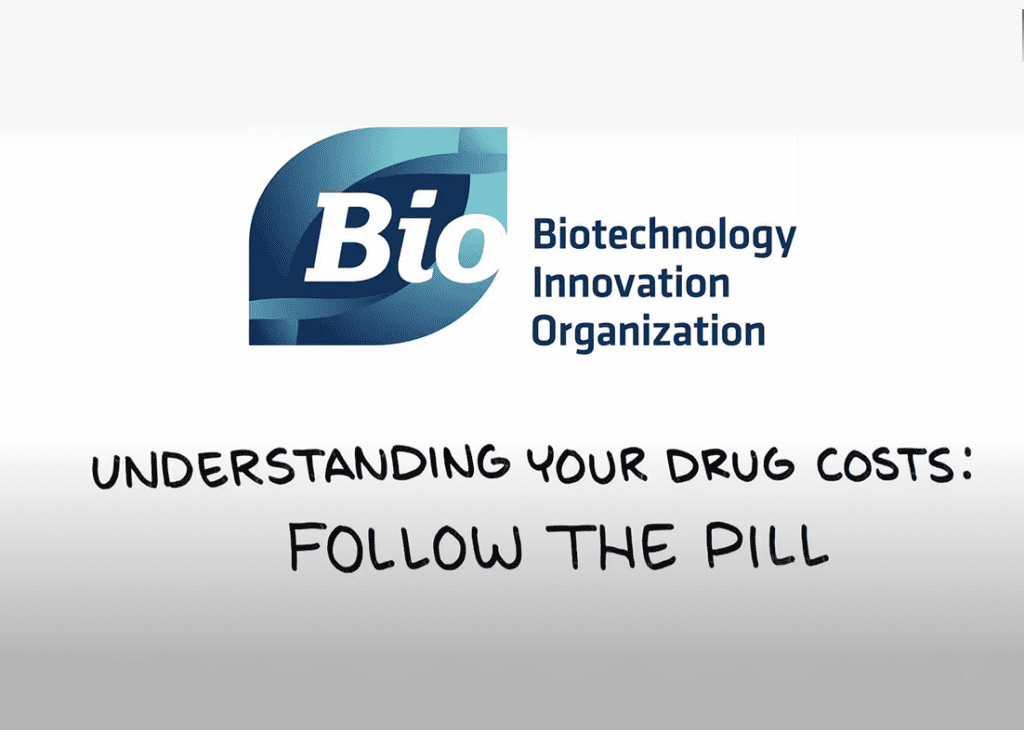When the U.S. Department of Health and Human Services (HHS) follows the president’s instructions to find ways to reduce the cost of prescription drugs, they need to look at the problem of pharmacy benefit managers (PBMs), according to experts from the Biotechnology Innovation Organization (BIO).
Under an executive order signed by President Joe Biden on Friday, “HHS will have 90 days to submit a formal report outlining any plans to use the Innovation Center’s authorities to lower drug costs and promote access to innovative drug therapies for Medicare beneficiaries.”
“The Administration cannot truly address Medicare patients’ out-of-pocket cost concerns unless HHS reforms the shadow rebate market in which PBMs operate,” said BIO’s Chief Advocacy Officer Nick Shipley in a statement.
PBMs oversee the prescription medication benefits for payers and insurance plans. The three biggest PBMs handle 80% of all prescriptions in the United States, and they are frequently vertically integrated with insurance companies.
Not passing on savings
PBMs are often able to negotiate a price reduction of as much as 50% for pharmaceuticals in exchange for including that pharmaceutical in the formulary of drugs that an insurer will cover. Although PBMs are meant to pass on the savings to patients by giving reductions on prescription prices, they frequently fail to do so, as Bio.News has reported.
“The messed up insurance system in the US has put many people in what they call a high deductible health plan,” explains Dan Durham, Senior Health Policy Advisor and Executive Vice President for Health Policy at BIO. He gave an example of a drug priced at $1,000 but sold to a PBM at half-price. “Over 50% of the insured have a deductible over $1,500. So, if you haven’t reached your deductible yet, when you go to the pharmacy counter they’re going to charge you $1,000—the full list price for that drug,” Durham said.
“To increase access and reduce patient out-of-pocket costs, BIO has expressed support to HHS and [the Innovation Center] to bring transparency to the broken rebate system responsible for inflating costs as well as to explore innovative payment models that bring financial relief to patients,” said Shipley. “Rather than playing politics with America’s seniors and most vulnerable, we look forward to working with this Administration and lawmakers in a pragmatic way to ensure access and affordability of medicines and other health care needs is a priority.”
To learn more about drug pricing and PBMs, listen to the I am BIO podcast – Drug Prices: A Dysfunctional Market Limits Patient Access




